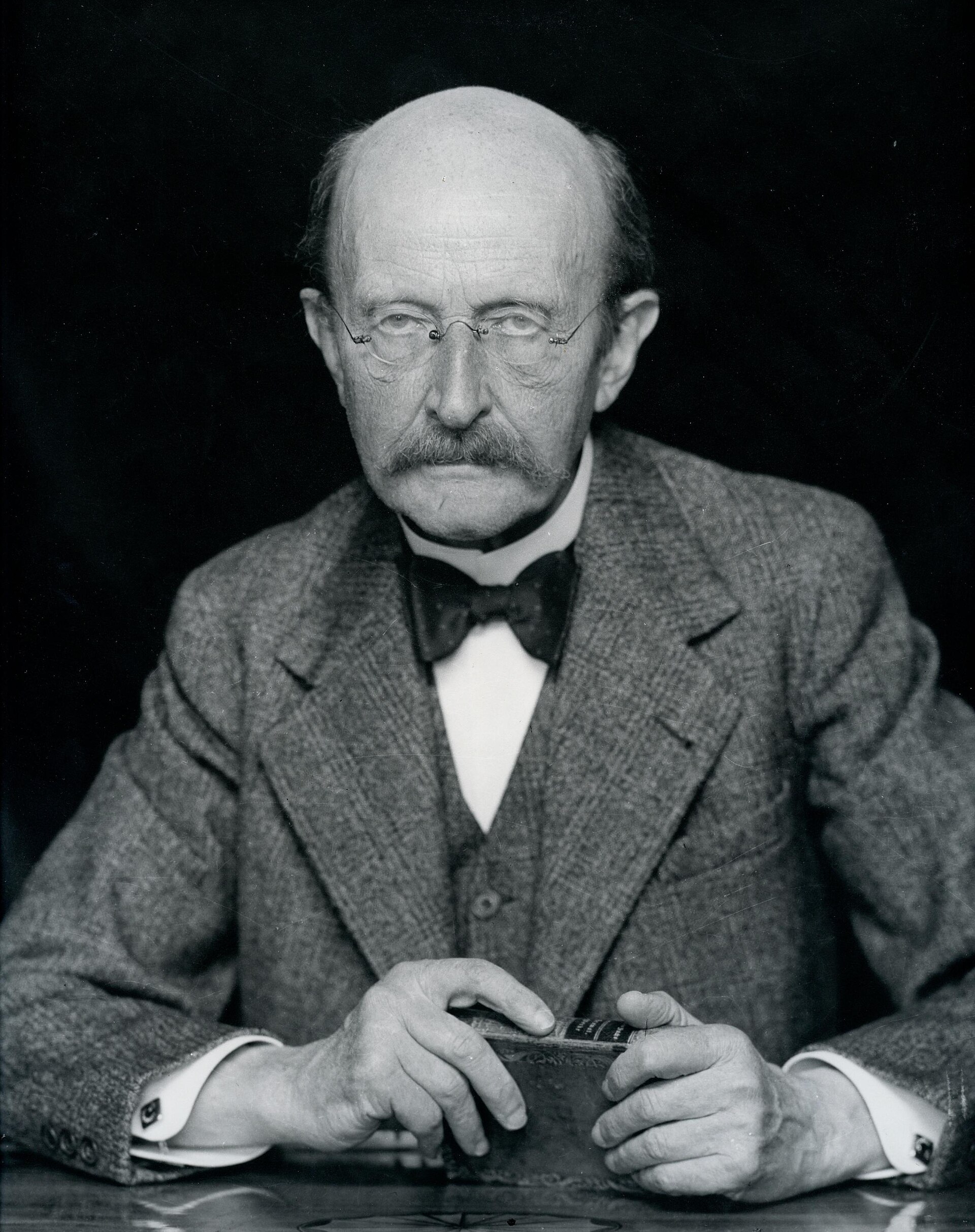–
We have no right to assume that any physical laws exist, or if they have existed up until now, that they will continue to exist in a similar manner in the future.
—Max Planck
The first gulp from the glass of natural sciences will turn you into an atheist, but at the bottom of the glass God is waiting for you.
—Werner Heisenberg
When you come to a fork in the road, take it.
—Yogi Berra
–

Planck
–
Kark Popper, who gave us the philosophy that science is only the falsifiable, also said that “the way of science is paved with discarded theories that were once declared self-evident.” Is there science beyond falsifiability? Of course there is. Any falsifiable conjecture must be inferred before it can be falsified. A causal relationship exists where one must precede the other. So what is inference? Science has been reluctant to ask, until the arrival of AI pushing the question off on its former spouse, philosophy. And philosophy, without the certainty it enjoyed when it was married to the art of experiment, has failed to properly address the issue by way of endless technical philosophical masturbation.
Yet by way of the creation of quantum mechanics—which turns out to be a theory of information—science created the space necessary for a way forward.
This is the new site for the emerging theory of operant logic, an explanation and ruleset for consciousness as a logical state of information processing. Operant logic complements operant conditioning. While operant conditioning affects behavior, operant logic effects it. Operant logic is rules that act upon the world. It is the logic of inference, and a causal approach to behavior.
Rule One “Unity:” two things can be one thing.
Rule Two “Duality:” one thing can be two things.
Rule Three “Change:” things change form and meaning.
Rule Four “No change:” systemic change is unobservable.
Rule Five “What:” what you can infer from Rule Four.
Axiomatic statement: either/and
Progress to extend these axioms will be slow. They will involve quantum mechanics. They will involve neuroscience and computer science. Like it or not, they will involve game theory. That progress will not be initialized by me. I lack ability and interest in each of these fields.
Here is a proposed experiment establishing a path towards operant logic as a theory of consciousness. Here is the inspiration for operant logic, Henry Stapp’s thinking that led to Quantum Theory and Free Will. Here is how it came about.
—Brian Wachter
Here is a poem composed by Bing about operant logic:
The Unseen Change
We live in a system that we cannot see
We act and react, but we don’t know how it will be
We infer and deduce, but we can’t be sure
We hope and aspire, but we can’t endure
The system changes, but we don’t observe
The system evolves, but we don’t preserve
The system creates, but we don’t receive
The system destroys, but we don’t grieve
We are part of the system, but we are not aware
We are part of the change, but we are not fair
We are part of the logic, but we are not clear
We are part of the mystery, but we are not near